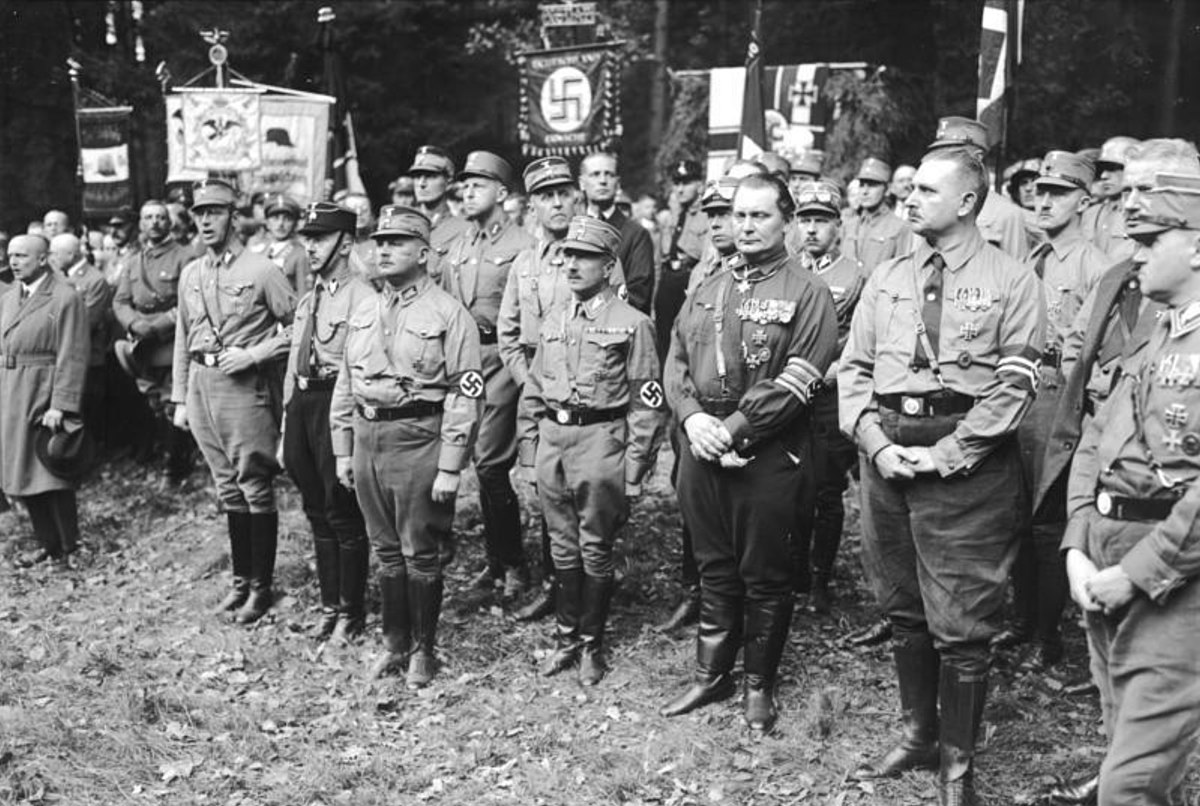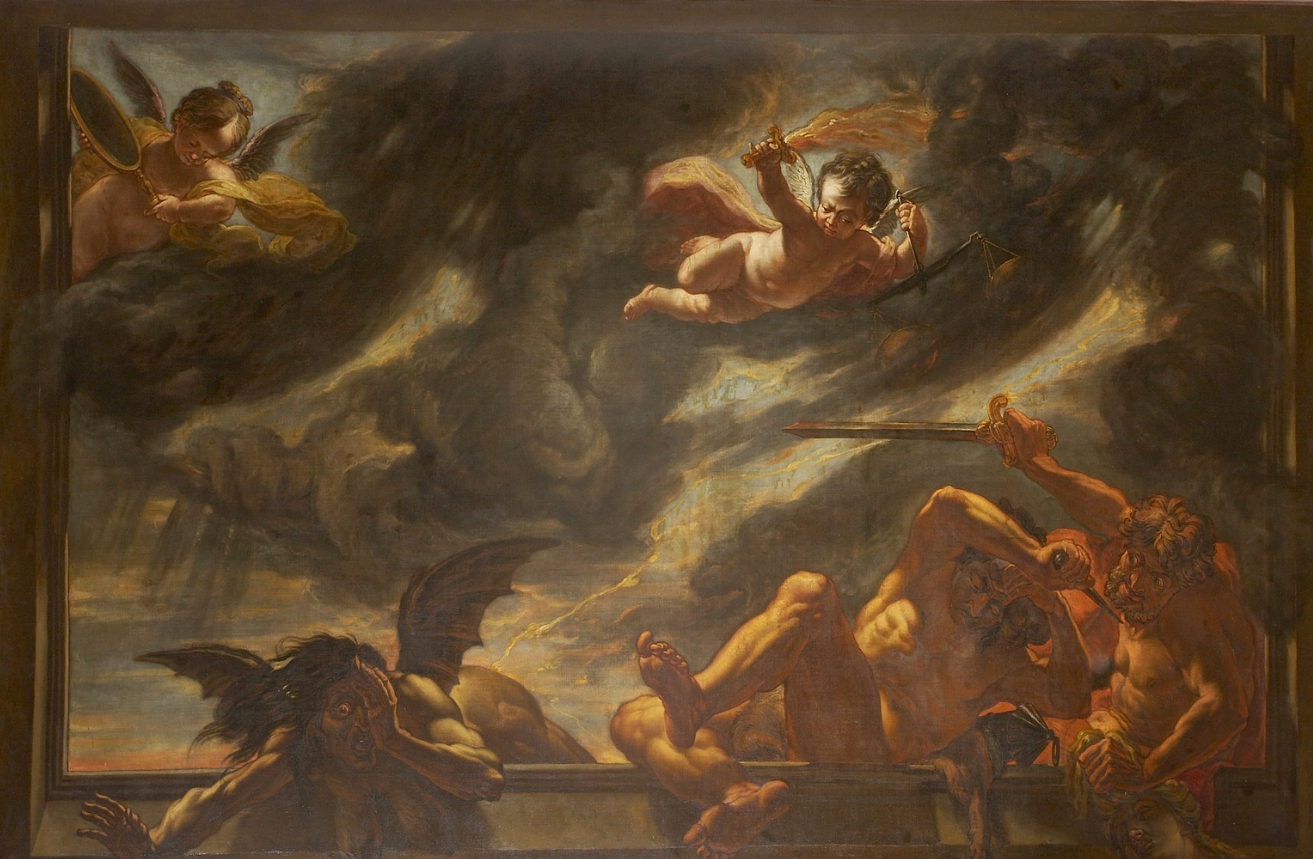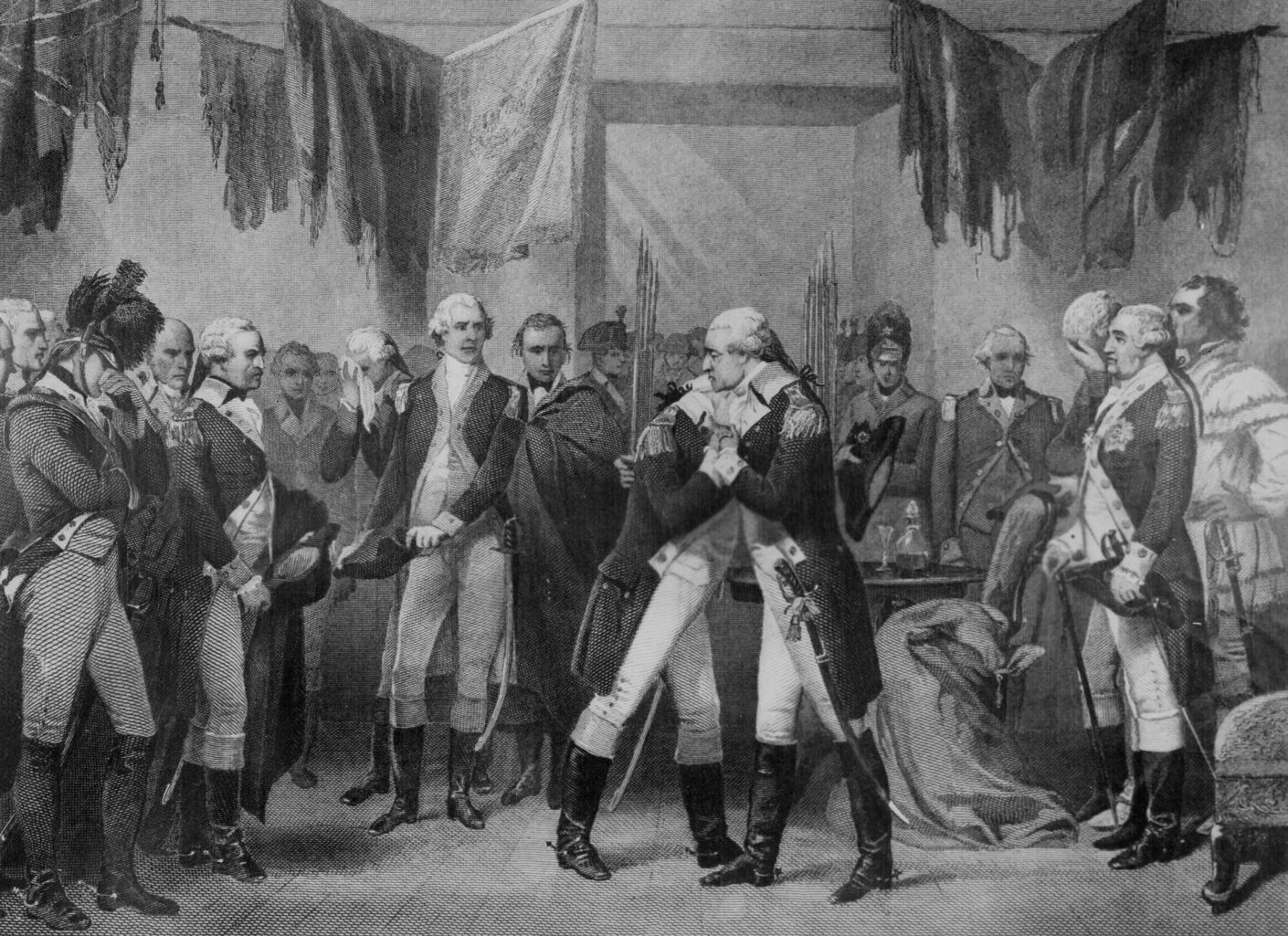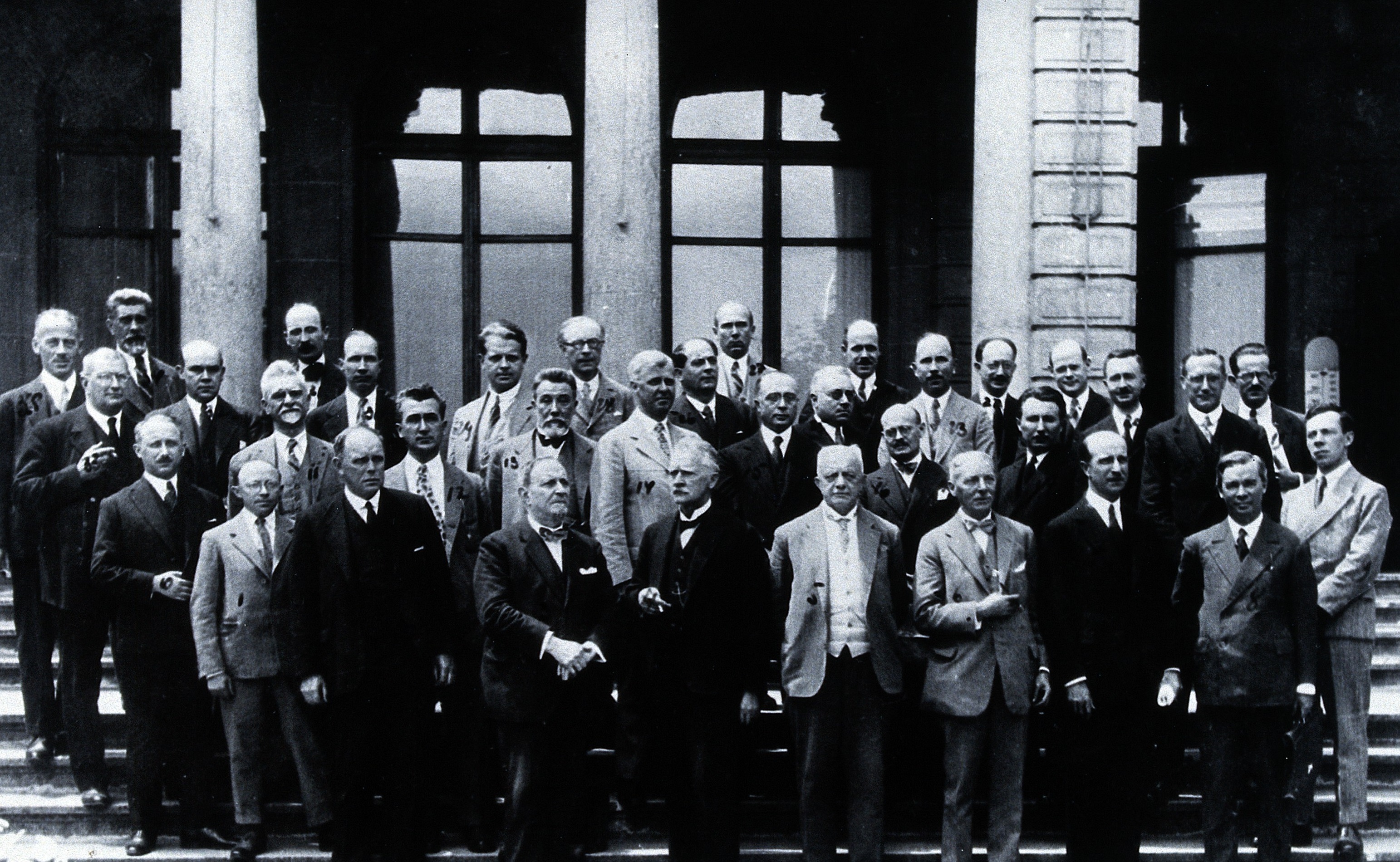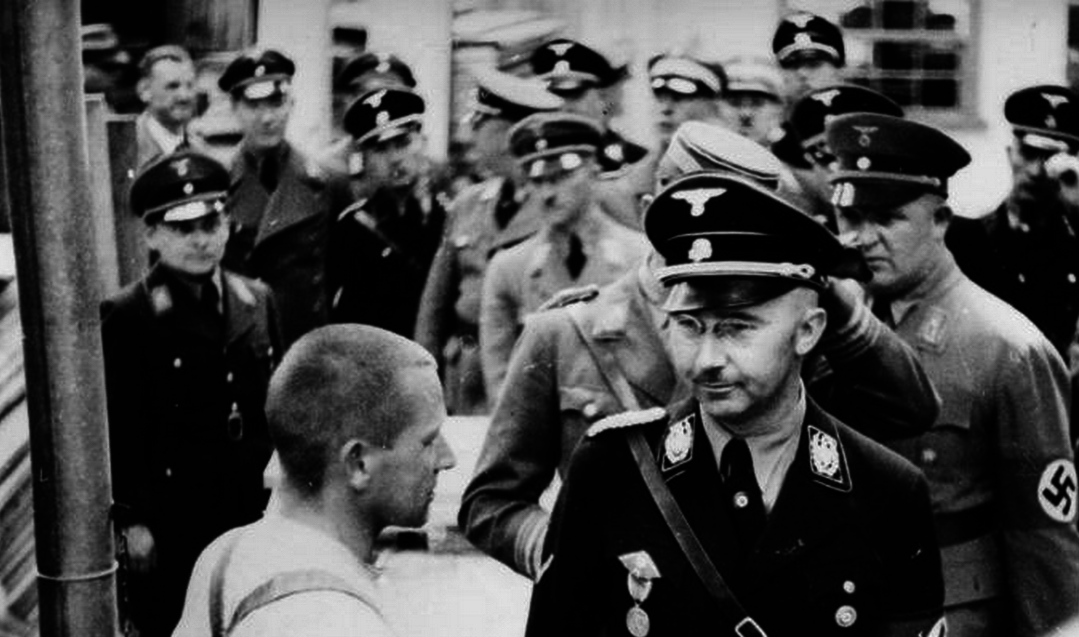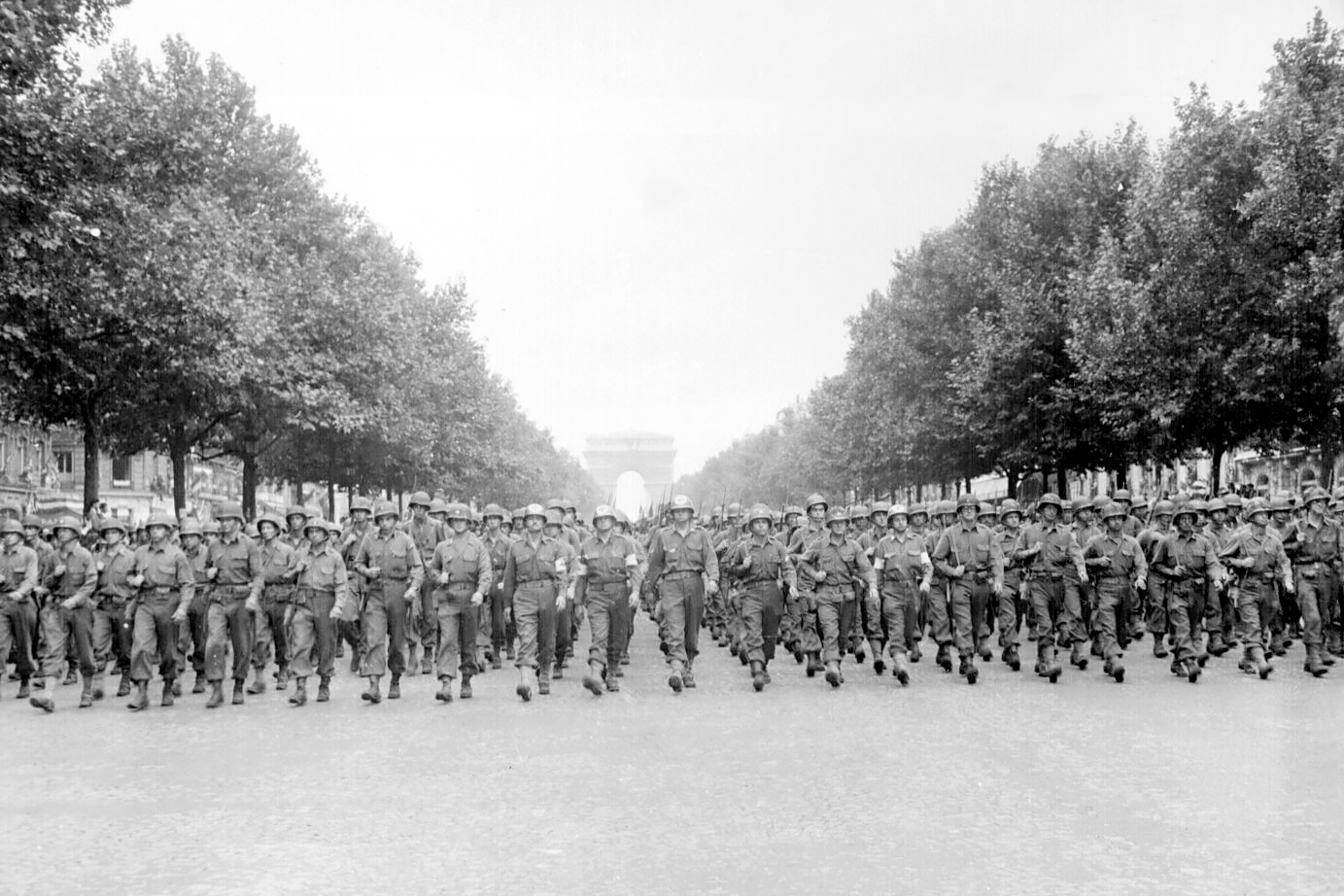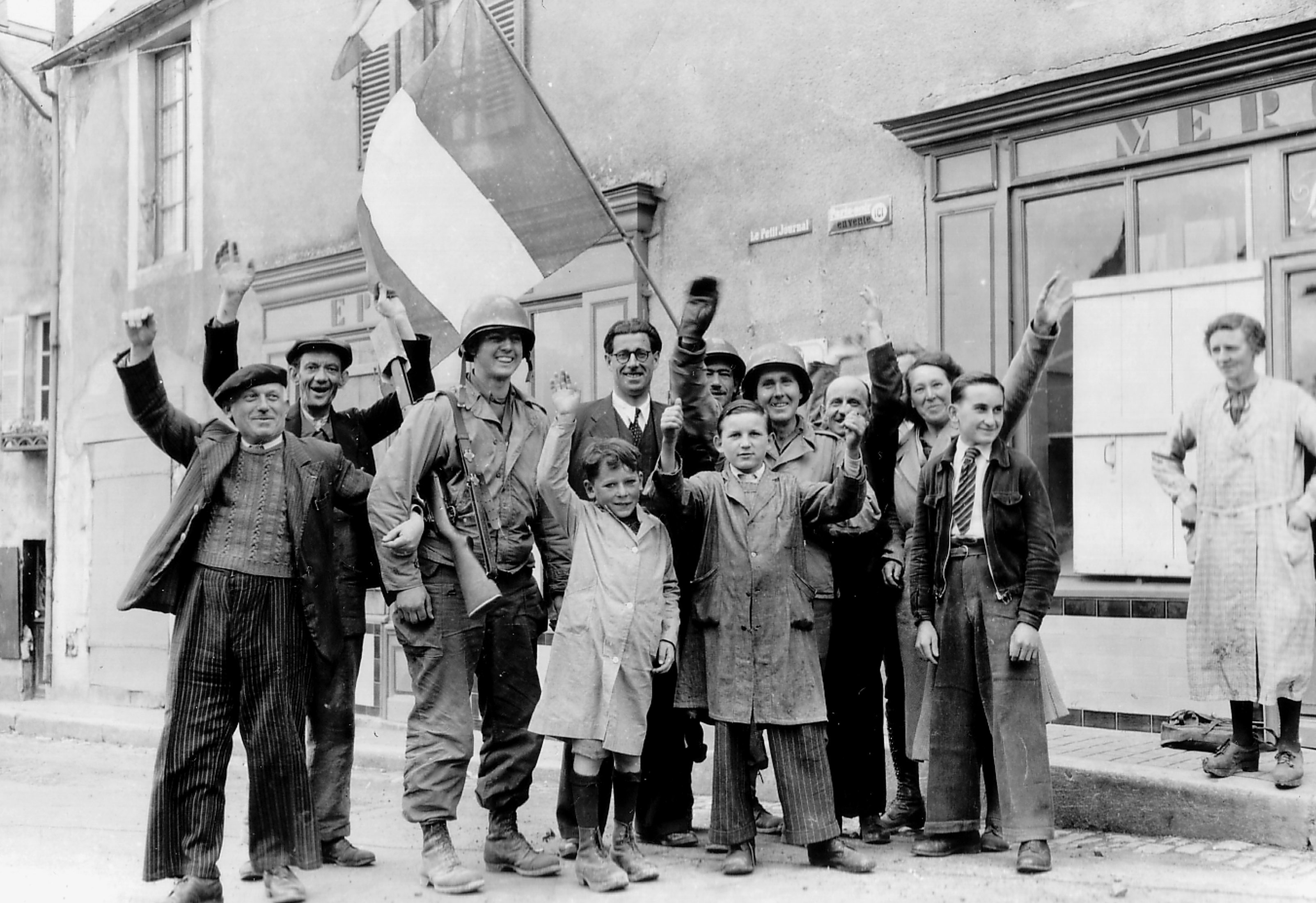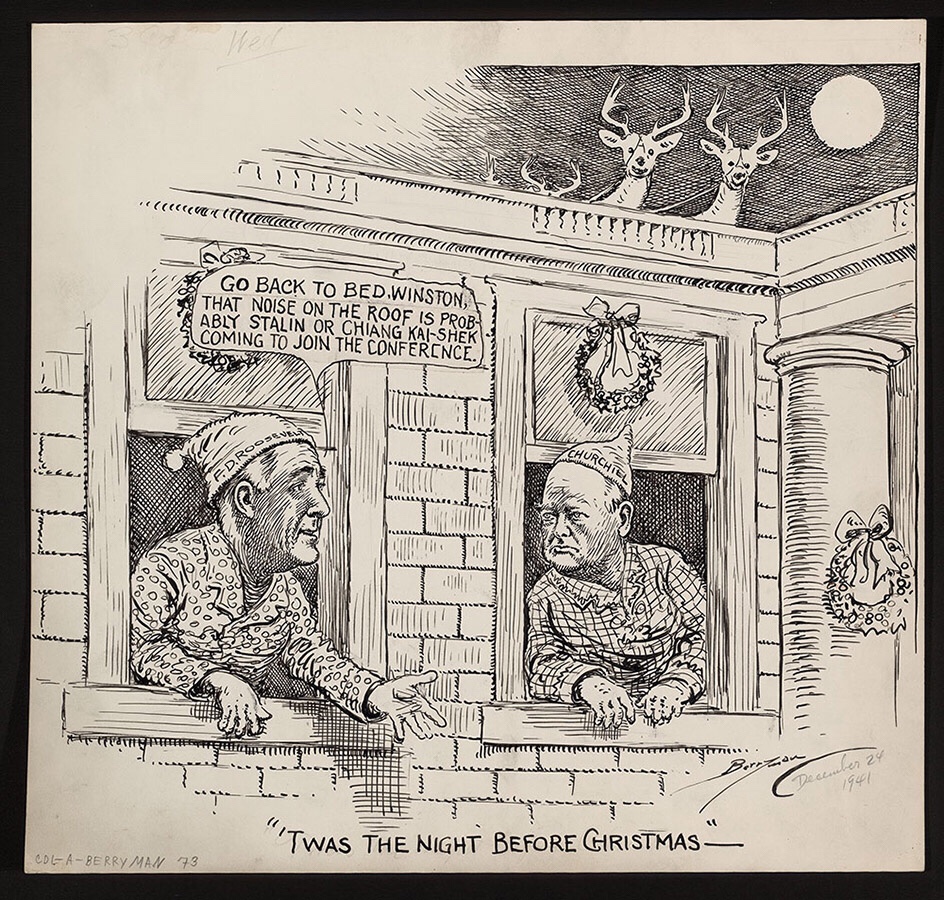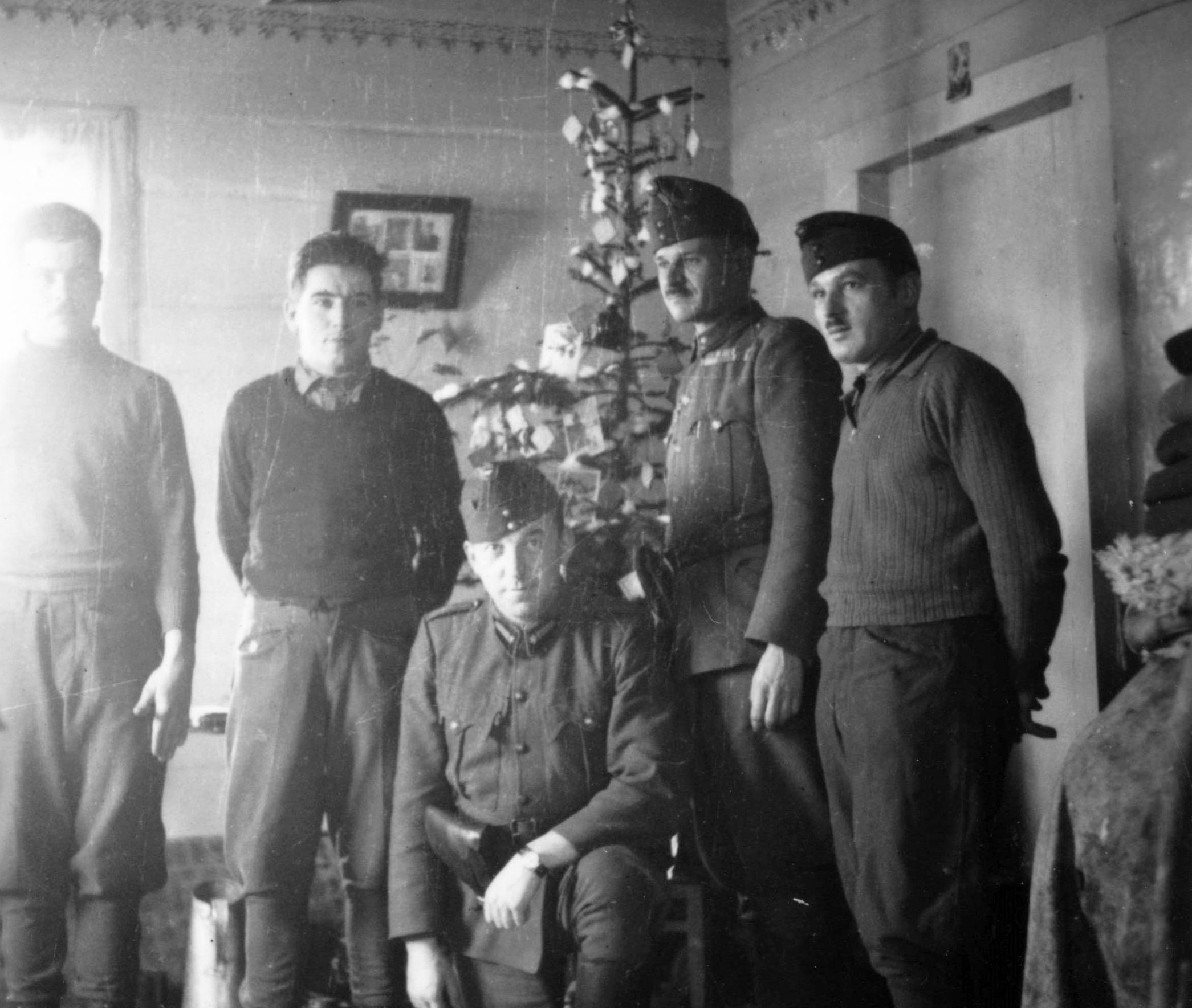No Peace With Hitler’s Generals: Conquer the Military Caste
Almost all nations field armies; fewer, even in 1943, retained a warrior caste who dominated nearly every facet of political and cultural life. In this incisive article, originally published in Christianity and Crisis on March 8, 1943, Robert E. Fitch argues that winning the War and achieving peace stems from breaking the feudal martial classes of Hitler’s Nazi Germany and Tojo’s Imperial Japan.
Christianity & Crisis MagazineFebruary 15, 2018
Can Evil Always Be Overcome With Good?
Foretelling a time of cultivation, Isaiah prophesies, “They shall beat their swords into plowshares, and their spears into pruning hooks.” One cannot plow a field with a sword, nor prune a tree with a spear. In this article, originally published in Christianity and Crisis on March 8, 1943, John Knox contrasts the promotion of good with the destruction of evil, particularly in conflict. Promoting good is insufficient; the conduct of war and the creation of peace are distinct phenomena to be pursued with discrete tools.
Christianity & Crisis MagazineFebruary 8, 2018
Afterthoughts on the Farewell Address: Washington’s Wisdom
In this convicting article, originally published in Christianity and Crisis on March 8, 1943, Editor Howard C. Robbins decries isolationism as the ideology of less prosperous and influential times. He exhorts the United States to assume the responsibility demanded of a large nation-state and work to “end international anarchy.” Evoking the spirit of George Washington’s Farewell Address, Robbins pleads the United States to embrace a central role in international politics. Furthermore, he implores the American public to follow in Washington’s footsteps by shedding partisan politics.
Christianity & Crisis MagazineFebruary 2, 2018
Why the League Failed: 13 Crippling Shortcomings
The much-maligned League of Nations experienced difficulties and shortcomings, which are visible in the functioning of the modern UN – and to a lesser extent, the International Criminal Court. George Stewart provides no less than thirteen reasons for the League’s failure, foremost among them the United States’ refusal to join, despite President Wilson’s labors as the prime architect. Stewart’s criticism of the League’s weaknesses, in its simultaneous impotence and incompetence, serves as a reminder for the need of robust, yet practical, international structures.
Christianity & Crisis MagazineJanuary 26, 2018
Meager Words and Memories: Remembering the Holocaust
International Holocaust Remembrance Day is January 27. It’s an important and necessary day, given our tendency—as Americans and humans—to convince ourselves that history begins around our date of birth, to forget and move on, to think in terms of news cycles and tweets.
Alan DowdJanuary 24, 2018
The Just War of Unjust Nations
In nearly every war both sides point to the offenses and wickedness of their enemies, hoping to solidify that they are on the side of morality and godliness and to justify their decision to fight. The Axis Powers of World War II undoubtedly had perverse and wicked aims, but in this article Eduard Heimann argues that the democracies, and particularly the Christians living within them, deserve blame for the war as well.
Christianity & Crisis MagazineJanuary 23, 2018
A Basis of Christian Cooperation: Recovering Natural Law
This article about the history and future of Christian moral truth was originally published in Christianity and Crisis on December 28th, 1942. Contributor Barbara Ward details the history of Christian moral law, originally developed in the philosophical depths of the natural law tradition, all the way to its fracturing, resulting in the contemporaneous “will to power” found in Nazism. She councils Christians globally to recover this tradition and bring it to bear on the world in her day.
Christianity & Crisis MagazineDecember 29, 2017
Churchill, Halifax, & Christmas Eve
The new film Darkest Hour about Churchill’s tense first days as premier movingly portrays how the fortitude of the common…
Mark TooleyDecember 24, 2017
Christmas Hope and New Year Faith
The story of Christmas is a story of hope realized. God came to earth as a man in the person of Jesus the Christ, thus confirming the prophecy delivered to Eve, the promise given to Abraham, the kingdom foretold to David. And so, in that spirit, says Edward L. Parsons in this piece, Christians living through the Second World War should put their faith into action to help bring peace to the world. With the Prince of Peace as their savior and model, Christians can restore order and bring justice to their fellow image-bearers.
Christianity & Crisis MagazineDecember 22, 2017
